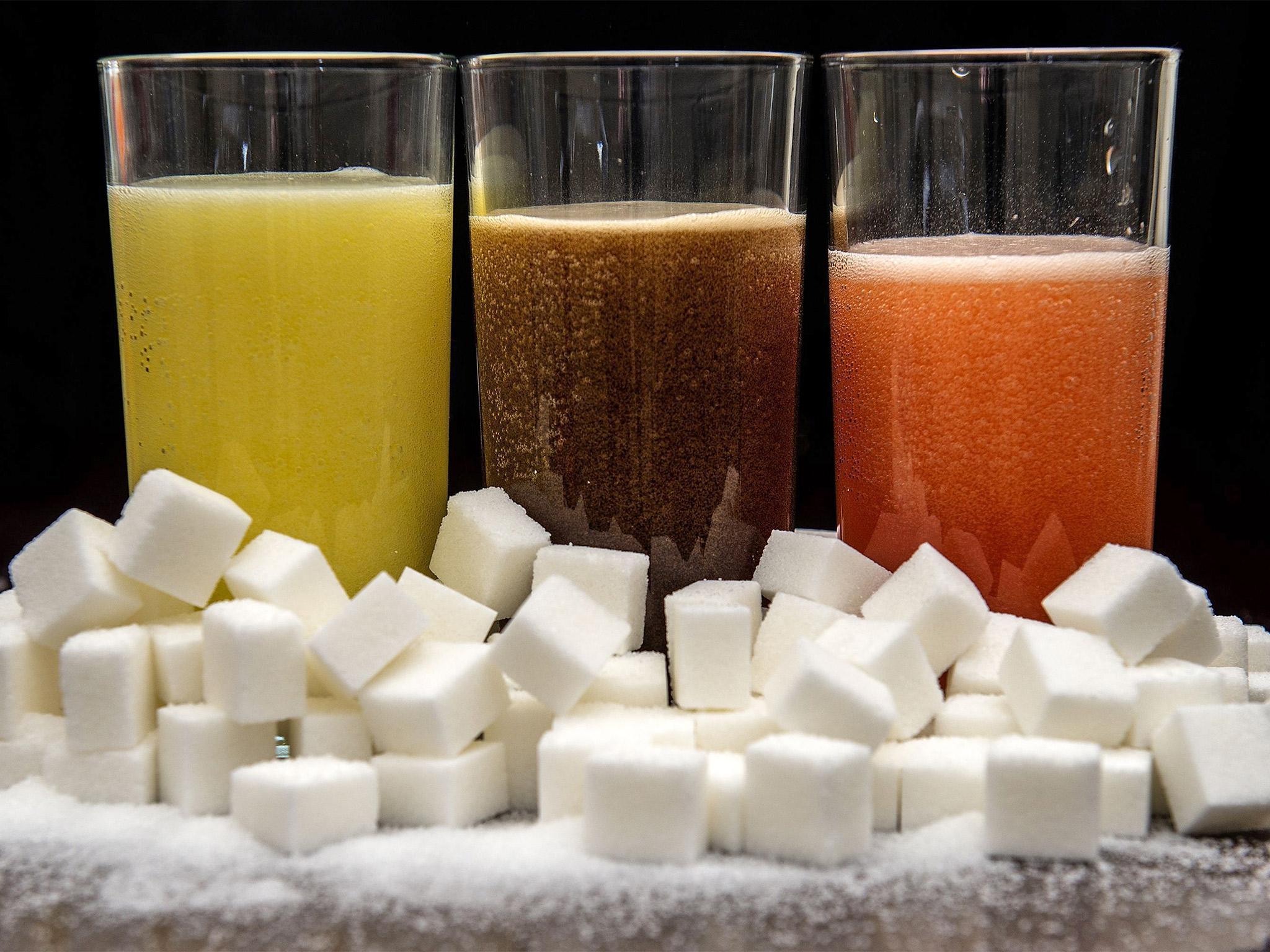Sugar is the one thing you should give up in 2016

Your support helps us to tell the story
From reproductive rights to climate change to Big Tech, The Independent is on the ground when the story is developing. Whether it's investigating the financials of Elon Musk's pro-Trump PAC or producing our latest documentary, 'The A Word', which shines a light on the American women fighting for reproductive rights, we know how important it is to parse out the facts from the messaging.
At such a critical moment in US history, we need reporters on the ground. Your donation allows us to keep sending journalists to speak to both sides of the story.
The Independent is trusted by Americans across the entire political spectrum. And unlike many other quality news outlets, we choose not to lock Americans out of our reporting and analysis with paywalls. We believe quality journalism should be available to everyone, paid for by those who can afford it.
Your support makes all the difference.Do you eat sugar until your tummy aches? Perhaps you should try the ultimate test of willpower and give it up altogether. In the UK we consume over two million tonnes of sugar every year - and the main problem is that we often don’t even know that we’re eating it.
Sugar has become increasingly present in our diets as we hunt for ‘low-fat’ foods. Ironically eating ‘low-fat’ often doesn’t actually make you lose weight. It often has the opposite effect. When manufacturers remove fat, they add another very dangerous ingredient to make it taste better. Yes that’s right- sugar.
Not just a pinch of sugar either- it is being added in terrifying quantities. A medium carton of tomato soup contains up to 30g of sugar, which they add in order to balance out the acidity of the tomatoes. Ready-made pasta sauce also has on average 30g of sugar, and low-fat ones can be considerably higher. A single can of fizzy drink contains about nine teaspoons of sugar- the equivalent of 36g- two more teaspoons than our recommended daily intake.
Bread, breakfast cereals, tinned fruit, pizza and all contain high amounts of sugar. The list goes on and on…. The problem is, too often we’re not even aware we're eating it.
In July, health experts said no more than 5% of daily calorie intake should come from sugar, but at the moment most people are consuming at least twice this limit. The British Medical Association said a 20% levy on sugary drinks would be a step towards to long-term goal of tackling obesity, but it was rejected by the government.
As well as making us gain weight, too much sugar consumption also leads to increased risk of diabetes, heart disease and liver disease. Unconscious sugar consumption doesn’t only make us gain weight; it could actually be life-threatening.
Professor Ian MacDonald from the Scientific Advisory Committee on Nutrition (SACN) said: "The clear and consistent link between a high-sugar diet and conditions like obesity and type 2 diabetes is the wake-up call we need to rethink our diet .
"Cut down on sugars, increase fibre and we'll all have a better chance of living longer, healthier lives."
Manufacturers hardly help us. Working out the difference between sucrose, glucose fructose can be difficult for those of us mere mortals. However, you can find out how much total sugars there are by looking at the ‘carbohydrates (of which sugars)’ bit on the label. As a general rule, more than 15g of total sugars per 100g means it has high sugar content; 5g of total sugars means it has low sugar content.
So next time your sugar-craving hits, don’t reach for the kit Kat or Haribo, but make a cup of tea with honey, or eat an apple of a prune. Make sure you have non-sugary snacks such as nuts and seeds to hand. Use cinnamon to add a bit of sweetness to your porridge or coffee in the morning.
Stevia is a great natural sweetener derived from plants which is virtually calorie-free and does not affect blood-sugar levels. And next time you fancy a coke, how about trying fizzy water instead? As you beat your sugar-cravings naturally, they’ll become more and more manageable.
When you make this commitment to a healthier lifestyle, it snowballs into other areas of your life- you’ll have more energy, fewer mood swings and you’ll lose weight too. Sugar is addictive, so getting over the addiction itself is the hardest part. Once you’ve beaten that, other challenges in 2016 will be a piece of cake…
Join our commenting forum
Join thought-provoking conversations, follow other Independent readers and see their replies
Comments